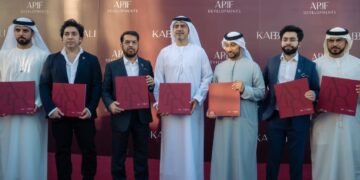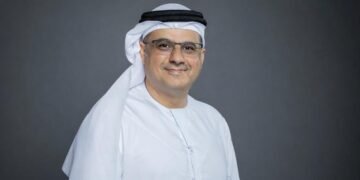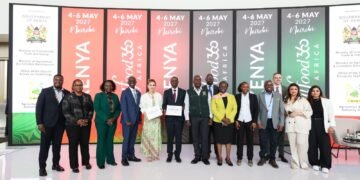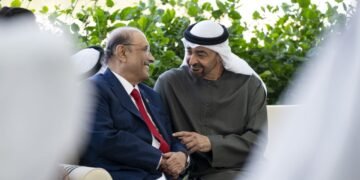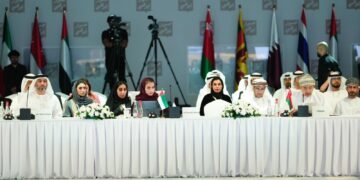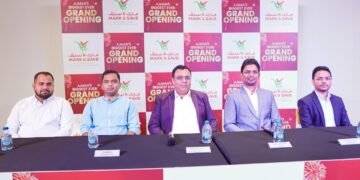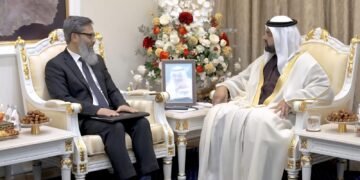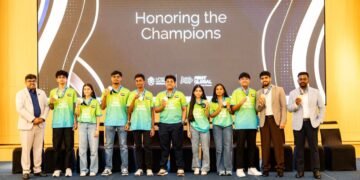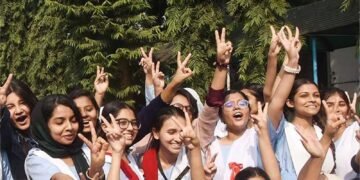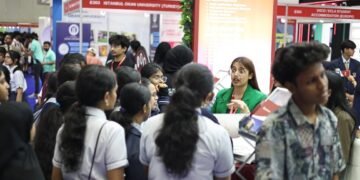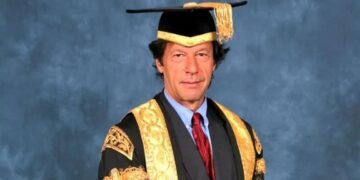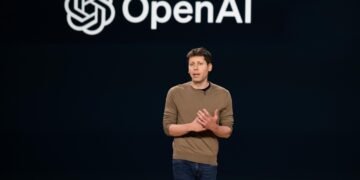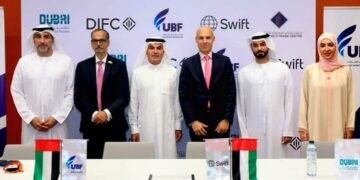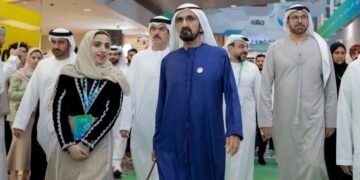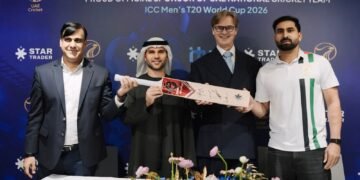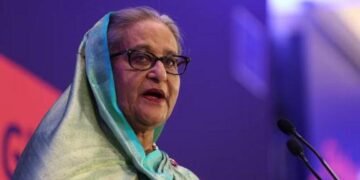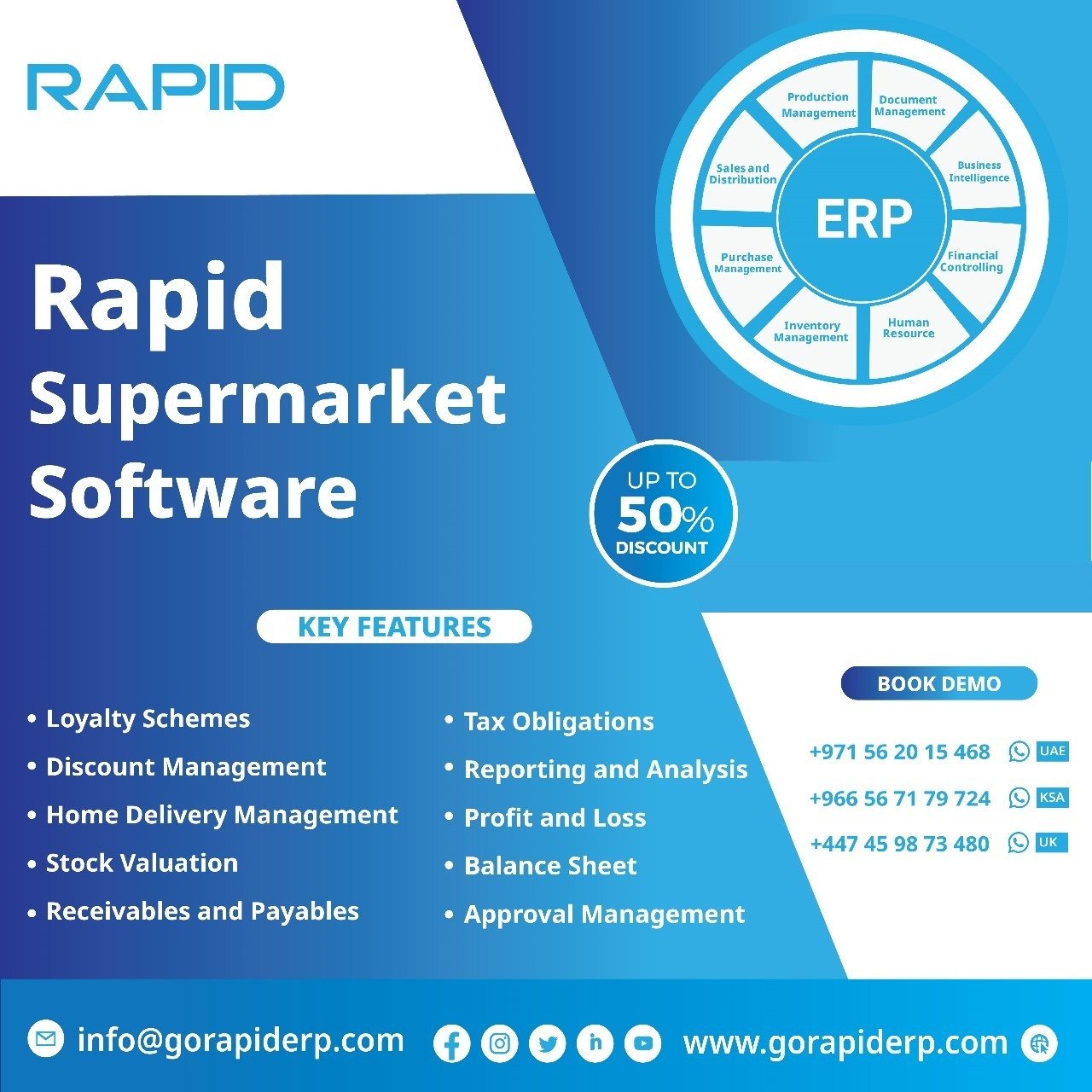Professor awarded Nobel economics prize for advancing the understanding of workplace gender gap ,The announcement went a tiny step to closing the Nobel committee’s own gender gap.
The Nobel economics prize was awarded Monday to Claudia Goldin, a professor at Harvard University, for research that has advanced the understanding of the gender gap in the labor market.
The announcement went a tiny step to closing the Nobel committee’s own gender gap: Goldin is just the third woman to win the prize out of 93 economics laureates.
She has studied 200 years of women’s participation in the workplace, showing that despite continued economic growth, women’s pay did not continuously catch up to men’s and a divide still exists despite women gaining higher levels of education than men.
“Understanding women’s role in the labor market is important for society. Thanks to Claudia Goldin’s groundbreaking research, we now know much more about the underlying factors and which barriers may need to be addressed in the future,” said Jakob Svensson, chair of the Committee for the Prize in Economic Sciences.
Goldin does not offer solutions, but her research allows policymakers to tackle the entrenched problem, said Randi Hjalmarsson, a member of the prize committee.
“She explains the source of the gap, and how it’s changed over time and how it varies with the stage of development. And therefore, there is no single policy,” Hjalmarsson said. “So it’s a complicated policy question because if you don’t know the underlying reason, a certain policy won’t work.”
However, “by finally understanding the problem and calling it by the right name, we will be able to pave a better route forward,” Hjalmarsson said.
Goldin had to become a data sleuth as she sought to fill in missing data for her research, Hjalmarsson said. For parts of history, systematic labor market records did not exist, and, if they did, information about women was missing.
“So how did Claudia Goldin overcome this missing data challenge? She had to be a detective to dig through the archives to find novel data sources and creative ways to use them to measure these unknowns,” Hjalmarsson said.
Of receiving the award, Goldin (77), was surprised and very, very glad .







